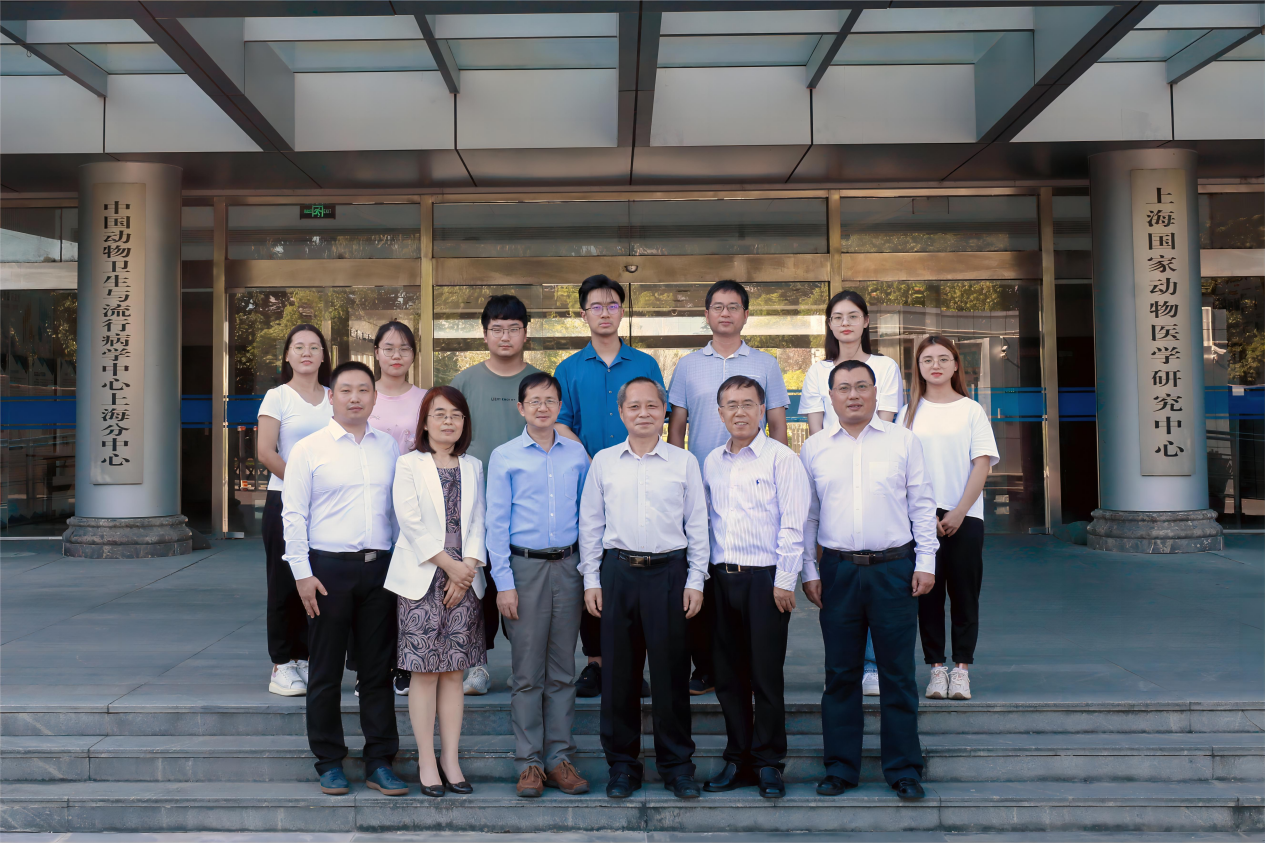
Animal Schistosomiasis team now has 9 members, including 4 professors, 2 associate professors, 1 assistant researcher, and 2 research assistants. Besides, our team currently have 14 graduate students, including 2 Ph.D. students and 12 M.S. students.
Our team conducts basic research on the prevention and control of schistosomiasis in domestic animals, focusing on the national prevention and control of eliminating schistosomiasis in China.
(1) Epidemic monitoring, prevention and control of schistosomiasis in domestic animals
Our team is mainly responsible for the surveillance and review tasks of the National Animal Schistosomiasis Reference Laboratory. Organize initiative monitoring activities for animal schistosomiasis observation sites of the Ministry of Agriculture. Collect and analysis national epidemic data and advises the government in formulating countermeasures for agricultural schistosomiasis control. Besides, the team also conducts research on new technologies and strategies for surveillance, diagnosis, prevention and treatment of schistosomiasis, organizes technical training and provide technical support for schistosomiasis control departments to help accomplish the goal of schistosomiasis elimination.
(2) Biological research on the pathogenesis of Schistosoma japonicum
Our team focuses on the developmental characteristics of S. japonicum in a variety of mammals, carries out the identification and functional analysis of important molecules related to infection, growth and development, sexual maturation and egg production of S. japonicum. The regulatory mechanisms and networks of these key molecules were then constructed to explore their potential as targets for diagnosis, treatment and immunoprevention, providing a basis for the development of new technologies for the prevention and control of schistosomiasis in domestic animals.
(3) Research on the interaction between S. japonicum and the host
Our team focuses on the interaction between S. japonicum and the host during infection, conducts research on molecular communication mechanisms between S. japonicum and host, immune evasion of S. japonicum , and host immune recognition and clearance against schistosome infection. In addition, the team also aims to investigate immunomodulatory drugs to prevent schistosome infection, analyzing and discovering host molecules involved in schistosome development, and provide a basis for the development of drugs and vaccines to prevent schistosome infection.
